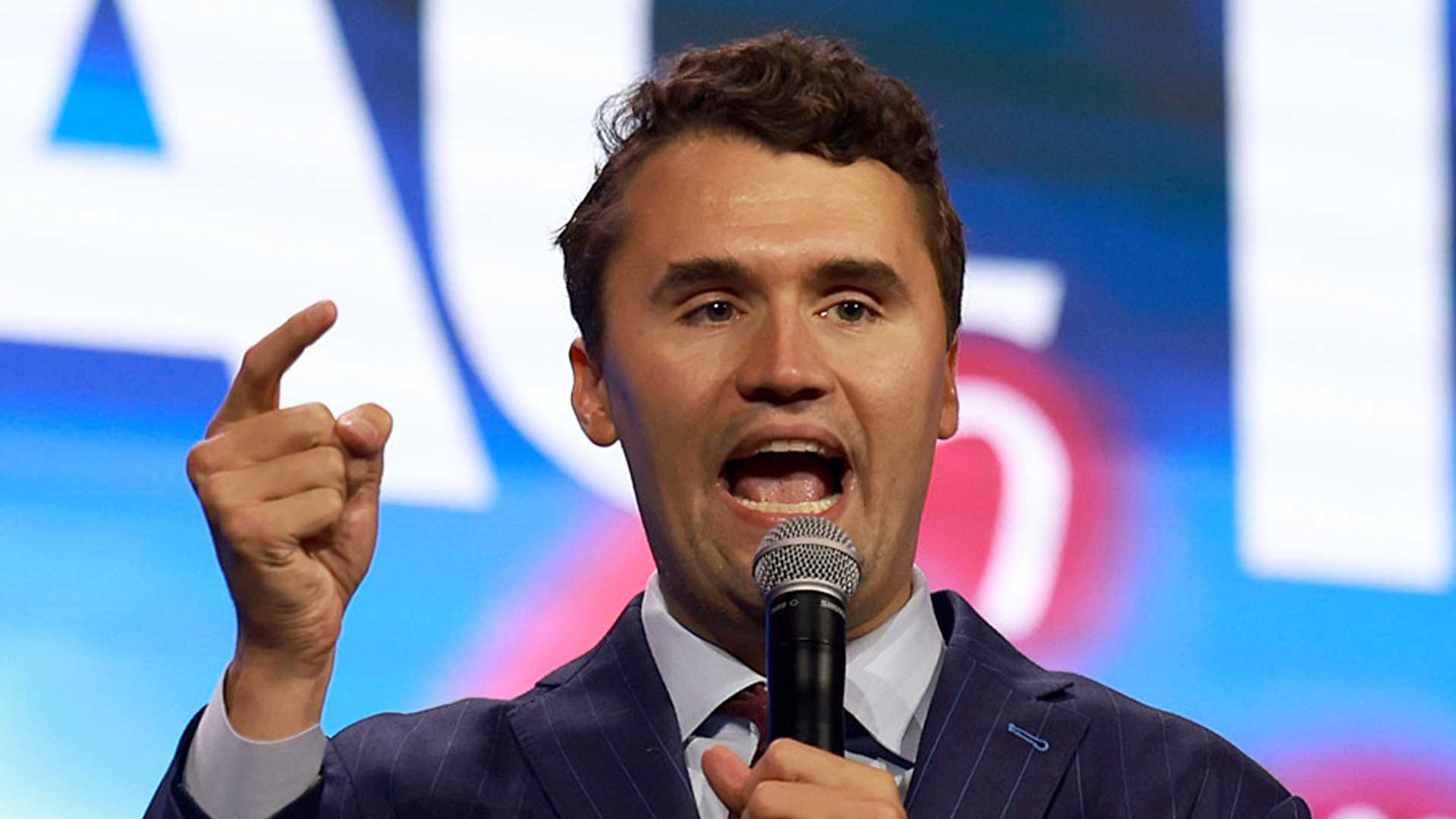Politics
Charlie Kirk Proposes Incarceration to Solve Housing Crisis

NEW YORK, NY — Maga podcaster Charlie Kirk sparked controversy during a recent episode of his podcast by suggesting that increasing incarceration rates could be the solution to America’s housing crisis. Kirk claimed that a group of Republican lawmakers approached him for advice on which issues the party should focus on, leading him to propose a more aggressive stance on crime.
“One of my hopes is to turn the Republican party into a resolutely stronger party on crime,” Kirk said. He argued that enhancing law enforcement would make more areas livable, thereby reducing housing prices. “If you enforce the law, housing will be cheaper,” he stated.
Despite his lack of formal training in finance or real estate, Kirk contended that skyrocketing housing costs are driven by a limited number of law-abiding individuals wanting to live in specific neighborhoods. He proposed expanding viable zip codes and increasing law enforcement presence to reduce housing costs.
Kirk’s comments extended to economic growth, alleging that increased arrests would lead to more manufacturing jobs in the U.S. “If you enforce the law we’ll have more manufacturing here in America…the economy will grow faster,” he claimed.
While Kirk did not provide any data to support his statements, he cited a decline in crime rates as “The Donald Trump effect.” He argued that mass deportations deter criminals and contribute to decreased violent crime rates. “We do not have enough people in jail in this country,” he concluded.
As the founder of the conservative organization Turning Point USA, Kirk dismissed concerns about the prison-industrial complex, asserting that America is simply a more violent country compared to others.
A report indicates that multiple factors contribute to high housing prices in the U.S. post-pandemic, including increased demand and a housing shortage exacerbated by competition from large-scale investors.












